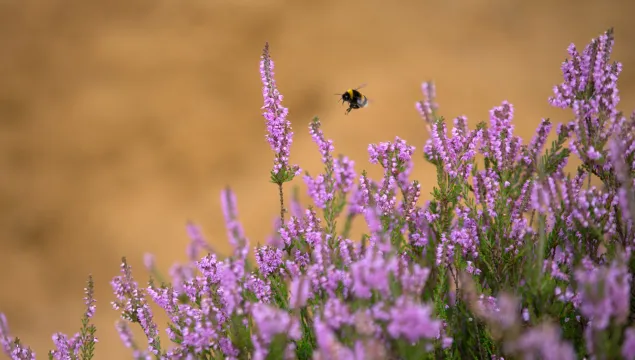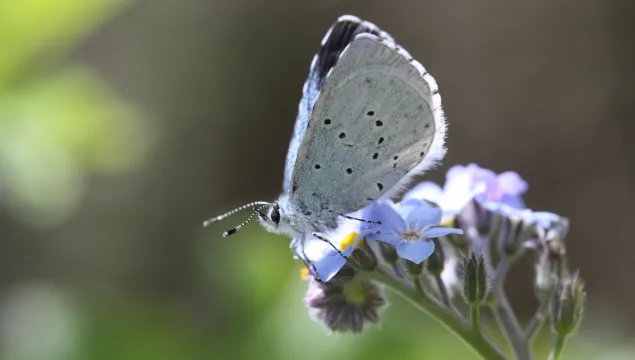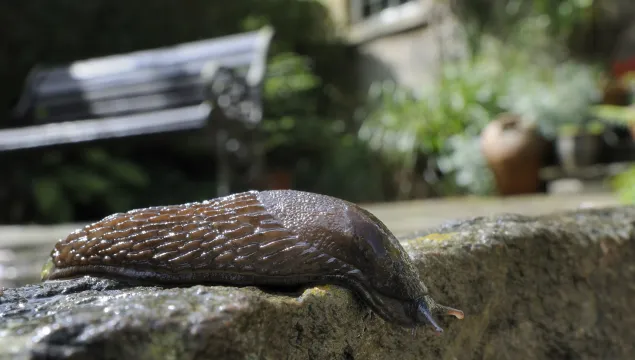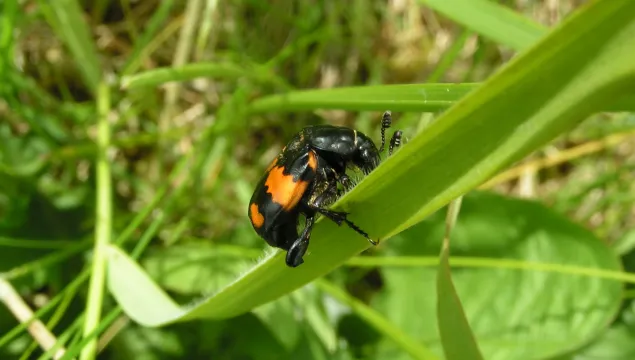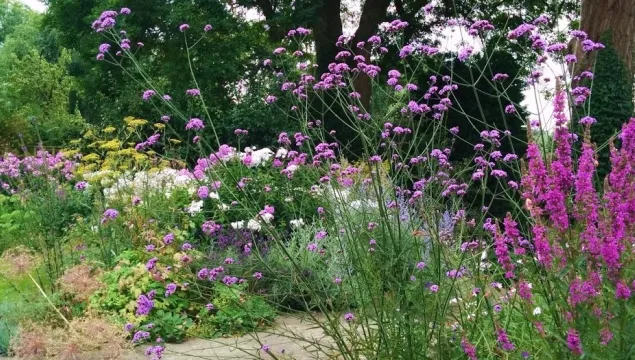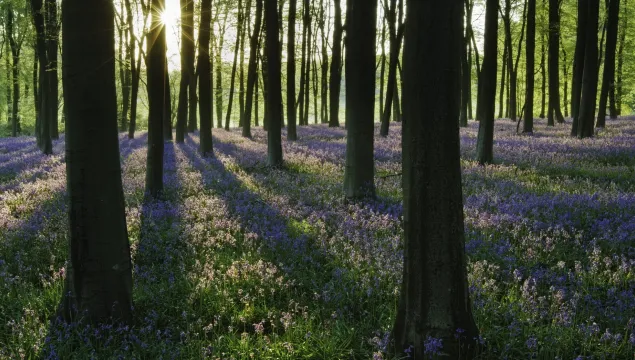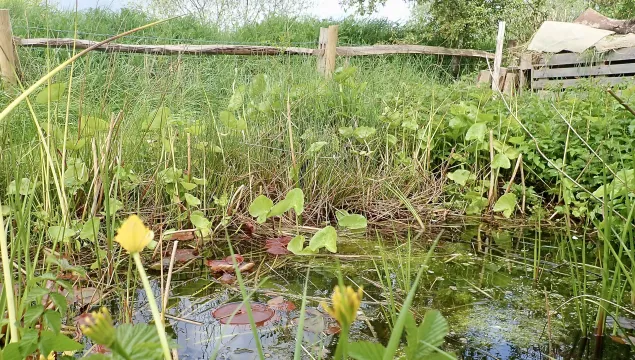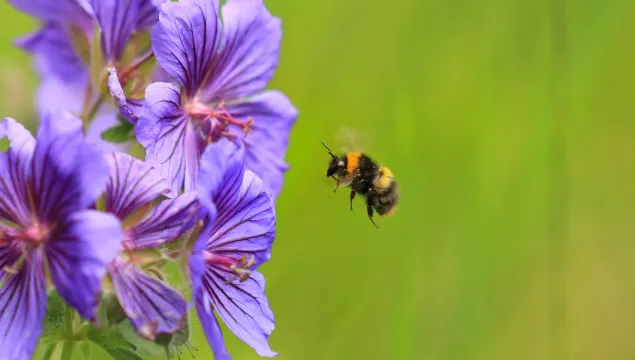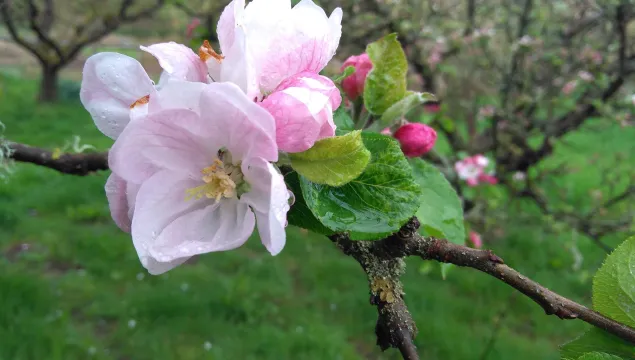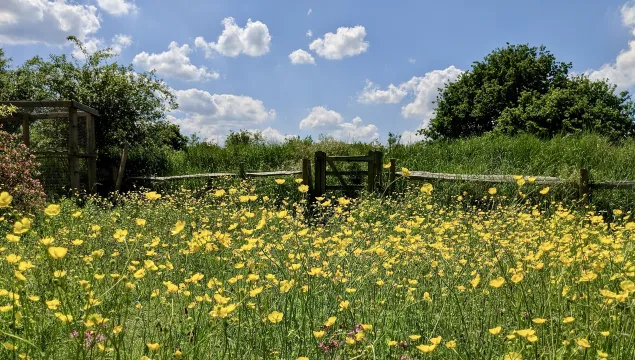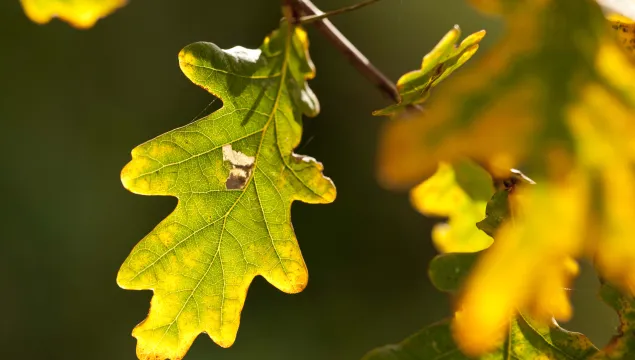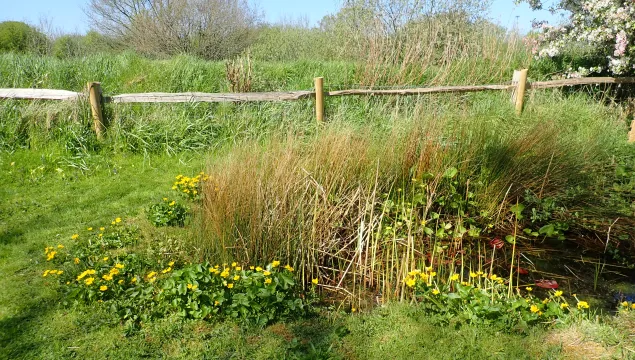
Beautiful insect-friendly plants for damp places
Penny and Peter Brook were awarded Gold by Wild about Gardens in 2012 and since then they have worked as volunteers for the scheme. They love gardening for wildlife and want to encourage others to do likewise to reap the personal benefits of a greater connection with nature and to help create a Wilder Kent.

